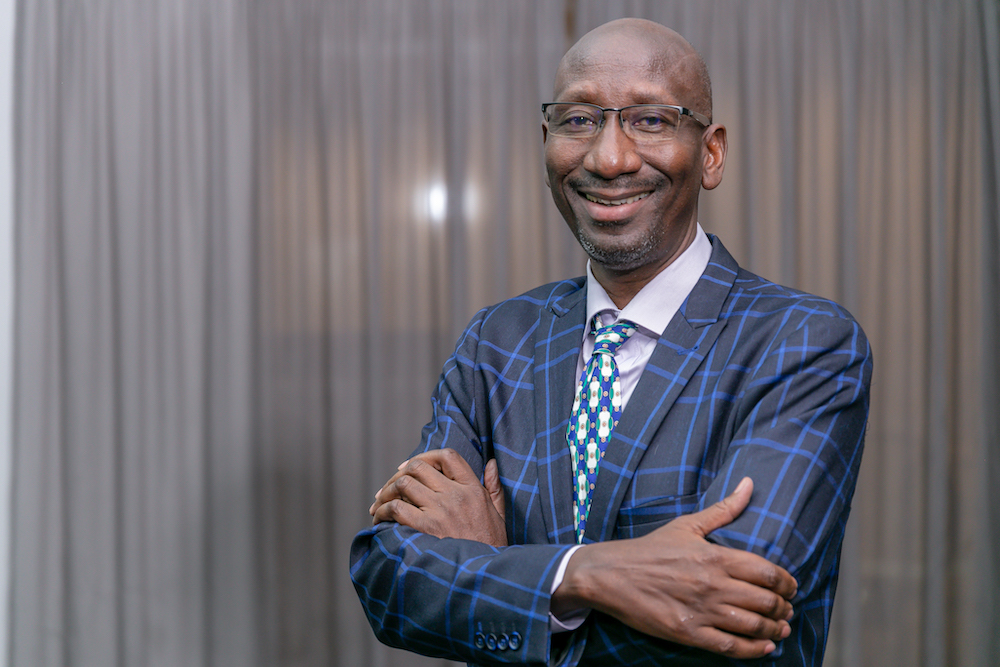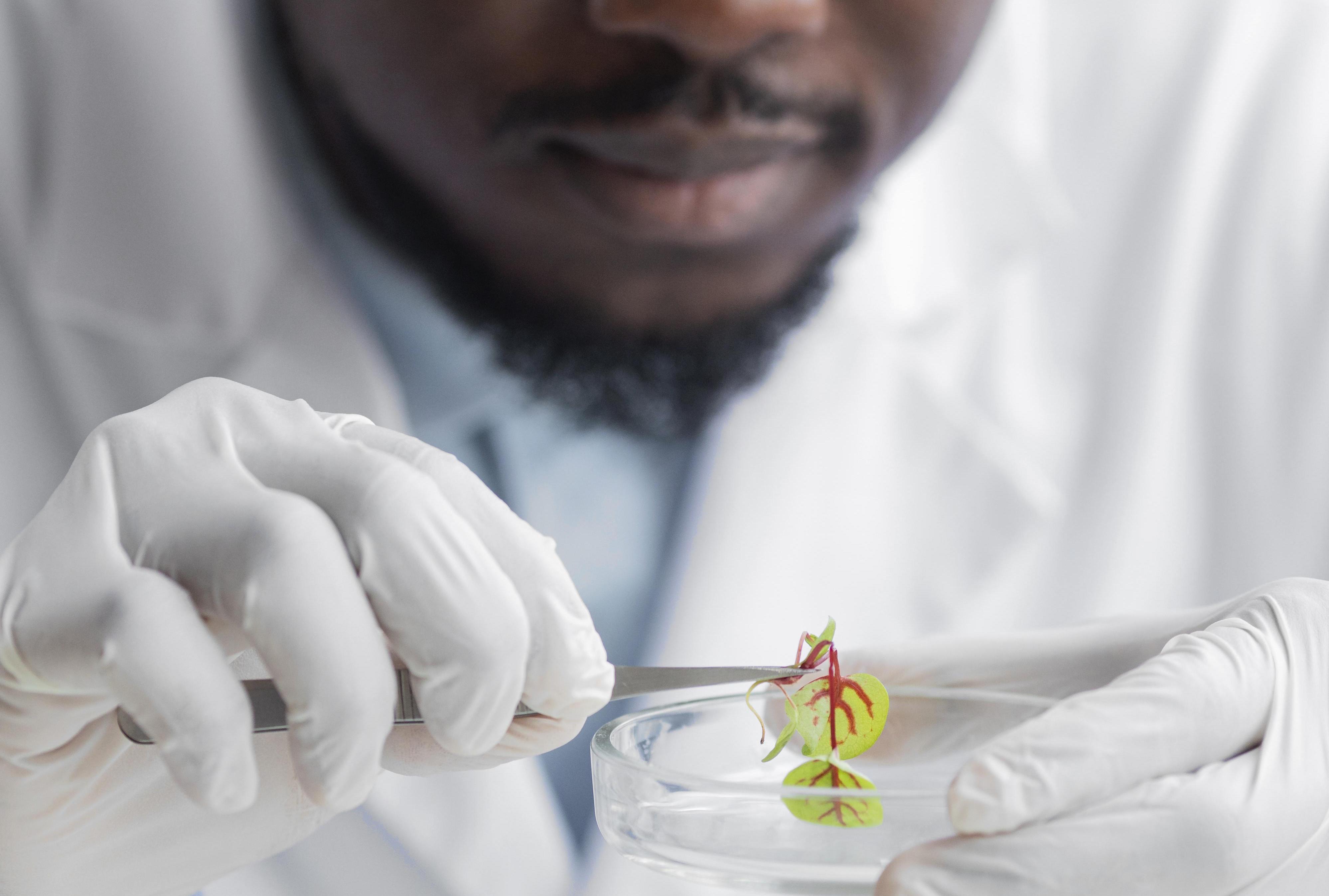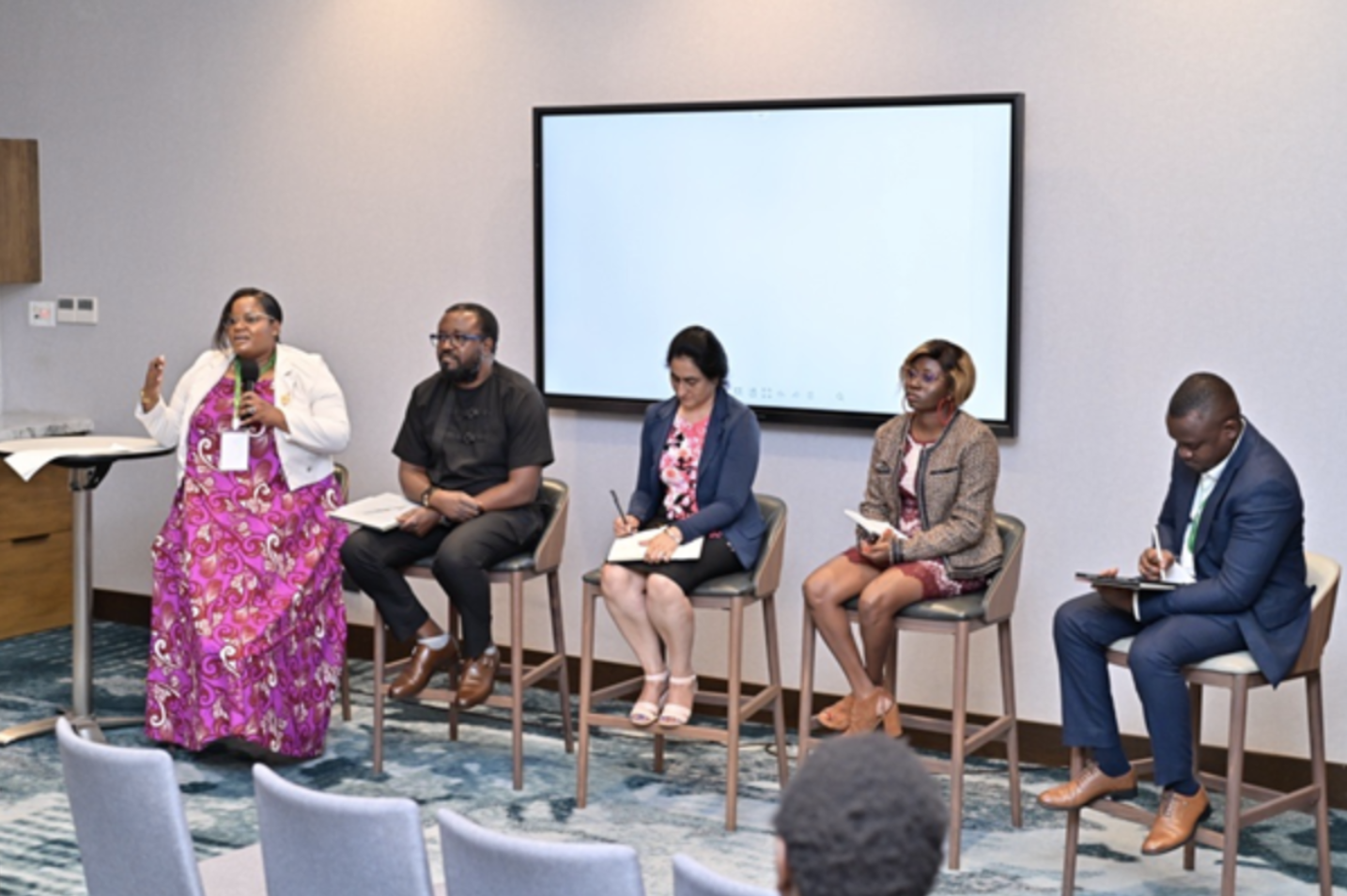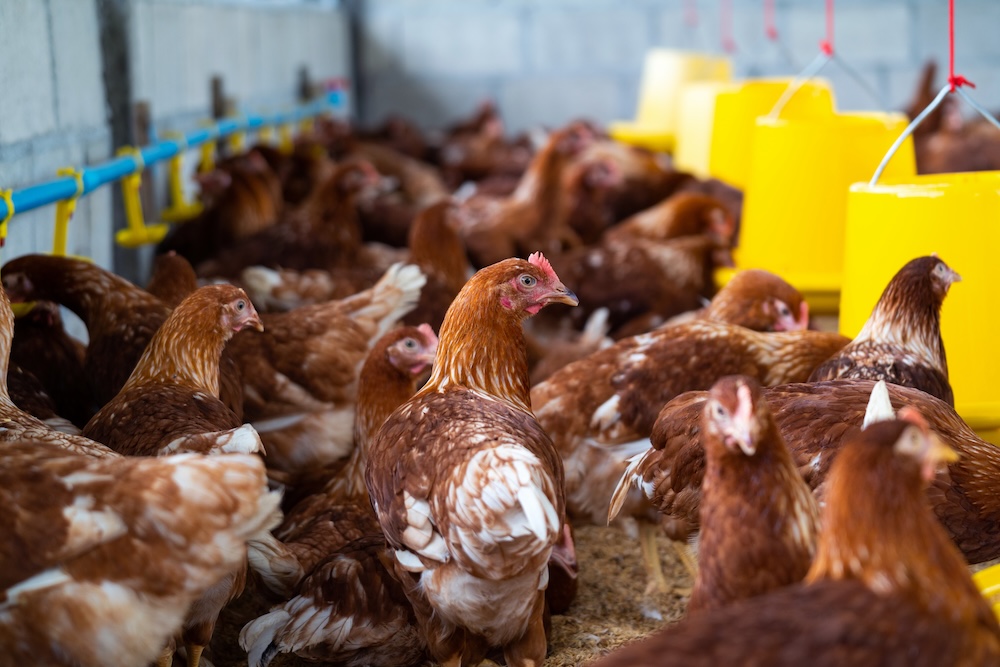
Impact Stories
SFA Foundation grantee globally honoured for contributions to Malaria research in Africa
Friday, April 25, 2025

World Malaria Day 2025 is marked with the theme “Malaria ends with us: Reinvest, Reimagine, Reignite”, aiming to re-energize efforts at all levels, from global policy to community action, to accelerate progress towards malaria elimination.
Professor Abdoulaye Djimdé, a distinguished Malian microbiologist and immunologist, has been named the 2025 Laureate of the prestigious Hideyo Noguchi Africa Prize.
The award, conferred by the Government of Japan, was announced by Prime Minister Shigeru Ishiba upon the recommendation of the Hideyo Noguchi Africa Prize Committee. The award recognizes outstanding achievements of scientists and organisations in medical research and medical services to combat infectious and other diseases in Africa, thus contributing to the health and welfare of the African people.
Prof Djimdé, a Grantee of the DELTAS Africa II Initiative and a Fellow of the Calestous Juma Science Leadership Fellowship (CJF), was honoured for his exceptional contributions to malaria treatment and control, the training of young African researchers, and the establishment of a continent-wide collaborative malaria research network.
His commitment to the fight against malaria is deeply personal. Prof Djimdé’s early life was marked by the tragic loss of his brother to the disease at the age of 12, a moment that catalysed his lifelong dedication to malaria research. Today, Mali remains among the 11 countries globally with the highest malaria burden, where the disease remains the leading cause of illness and death, particularly among children under five.
Despite notable progress, the 2024 African Union Malaria Report, cites Africa still at the epicentre of the fight against malaria. Since 2015, malaria incidence has only declined by 4%, and mortality by 15%, falling short of the AU’s interim targets of a 40% reduction by 2020 and 75% by 2025. Of the 46 Member States reporting malaria data, only six have
achieved a 40% reduction in incidence, and seven in mortality, with Cabo Verde and Egypt certified by the World Health Organisation as having eradicated Malaria in 2024.
Part of Prof Djimdé’s contributions in addressing this, is on strengthening the leadership capacity of the future generation of science leaders in Africa. He has achieved this through the ‘Developing Excellence in Leadership and Genomics Training for Malaria Elimination and Antimicrobial Resistance Control in Africa (DELGEME Plus)’ consortia, supported through the DELTAS Africa initiative of the Science for Africa Foundation.
Under his leadership, DELGEME has made significant strides in identifying genetic factors associated with malaria susceptibility through genomic sequencing and bioinformatics, supporting the development of targeted malaria vaccines.
An added milestone of the consortium is in advancing scientific capacity in Malaria and Biomedical Research, by constructing a state-of-the-art building at the Faculty of Pharmacy at the University of Technical and Technological Sciences (USTTB) of Bamako, Mali. The facility supports the training of students and researchers in malaria research and biomedical sciences, while also addressing the campus-wide shortage of conference and seminar spaces, facilitating scientific capacity and innovation building for DELGEME researchers and the entire university community.
Prof Djimdé’s recognition not only underscores his personal commitment but also reflects the growing importance of African-led research and leadership in addressing the continent’s pressing public health challenges.



